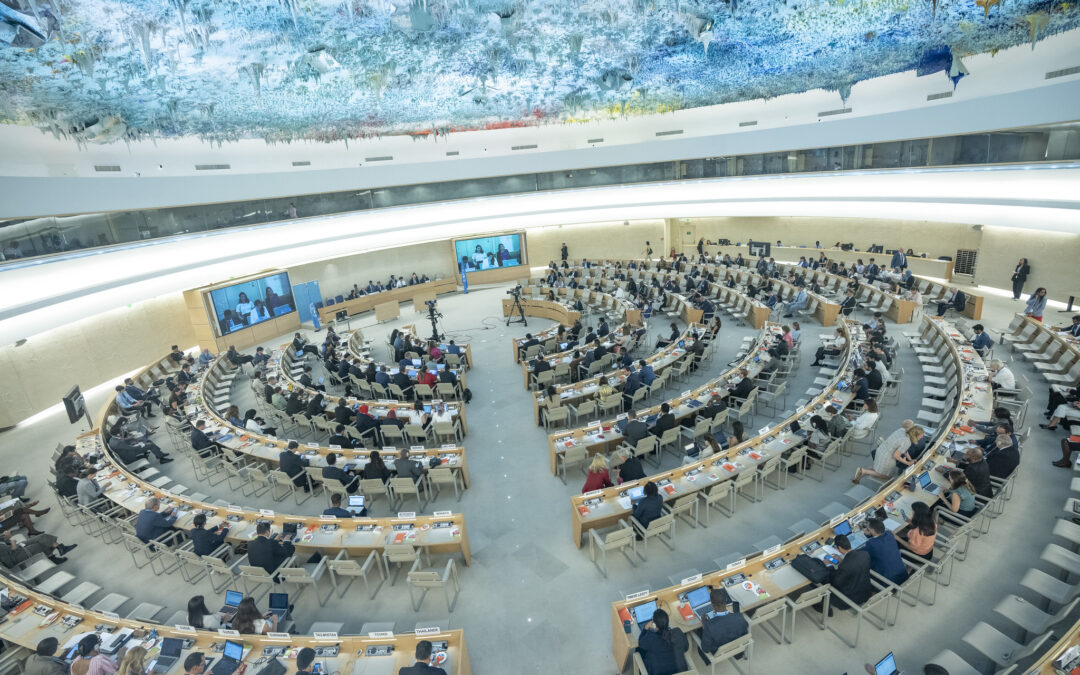

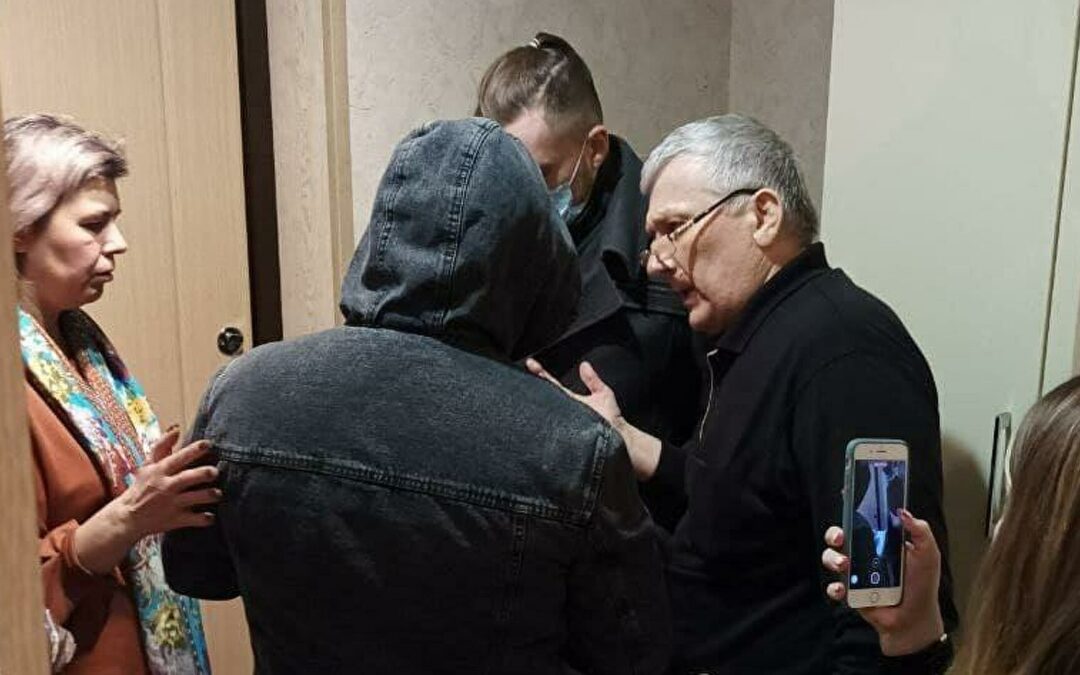
Russian Federation: Chechen police officers who assaulted lawyer Natalya Dobronravova must be held to account
The International Commission of Jurists (ICJ) condemns the physical assault by Chechen police officers in Nizhniy Novgorod of lawyer Natalya Dobronravova whose work included the representation of retired Supreme Court Judge of the Chechen Republic Saydi Yangulbaev, and his wife Zarema Musaeva.
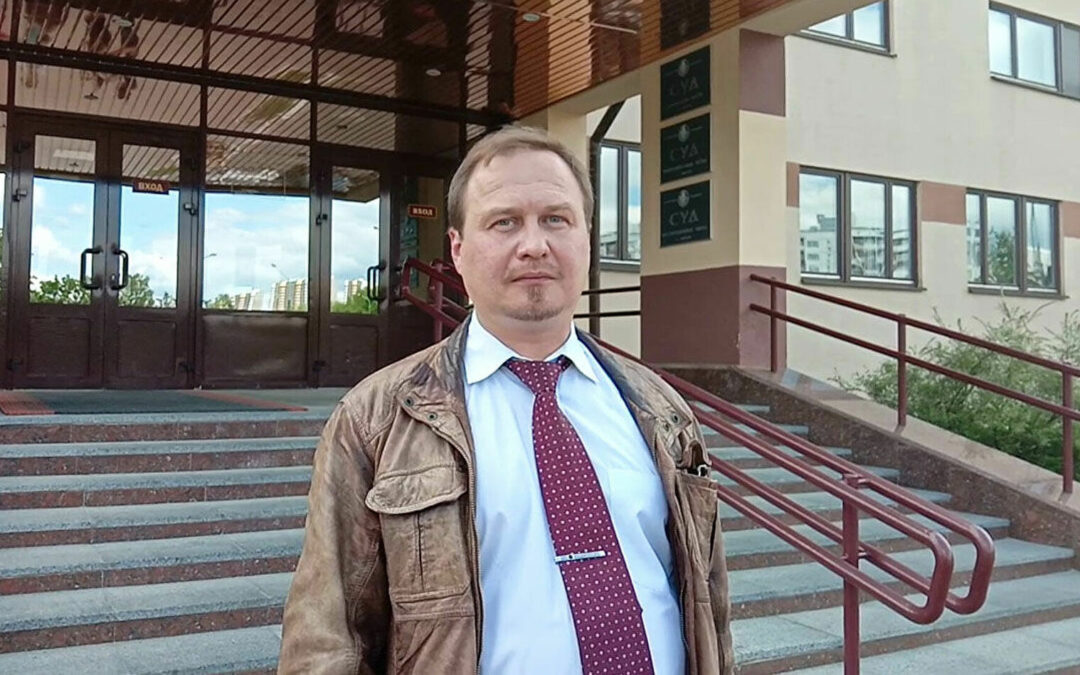
Belarus: ICJ deplores the continuing reprisals against independent lawyers
Reprisals against independent lawyers in Belarus must end, the International Commission of Jurists (ICJ) said today.
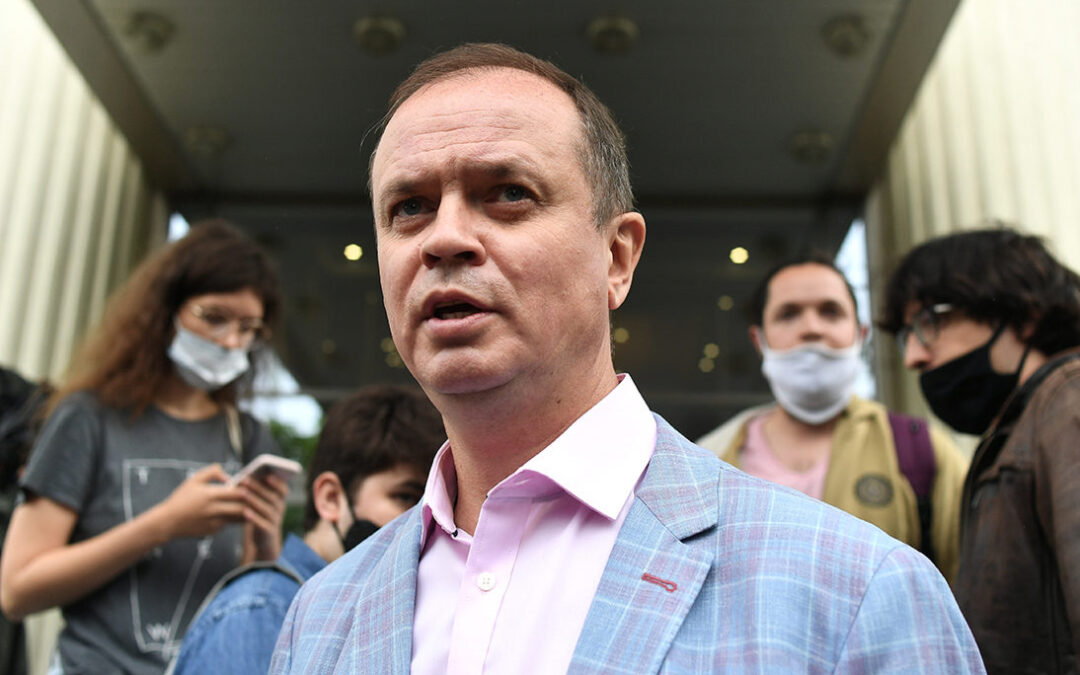
Russian Federation: end harassment of lawyer Ivan Pavlov
The ICJ today condemned the detention, interrogation and searches of premises of lawyer Ivan Pavlov, a prominent lawyer and head of the human rights legal group Team 29.
Pavlov was detained by Federal Security Service (FSB) agents on 30 April after a raid on his Moscow hotel suite and released later that day. According to the order to initiate criminal proceedings, Pavlov was charged with “disclosing the information of preliminary investigation” under Article 310 of the Criminal Code of the Russian Federation.
According to the charging order, Pavlov is accused of transmitting to the Vedomosti Newspaper a copy of a charging order against his client, journalist Ivan Safronov. Furthermore, Pavlov is charged with disclosing the nickname of one of the witnesses in the case.
According to the decision of the Basmanny Court on a preventive measure for Pavlov, he is prohibited from communicating with witnesses in his criminal case, except for close relatives, using the Internet and other means of communication.
“Russian authorities must stop this harassment of Ivan Pavlov and Team 29, which is almost certainly due to their representation of clients in several high profile cases,” said Roisin Pillay, ICJ’s director for Europe and Central Asia.
“These raids clearly interfere with lawyer-client privilege. The case files seized during the search should be returned to the lawyers and Pavlov should be able to continue his work in defence of all his clients free of harassment or fear of retaliation, as required by international standards,” she added.
According to the UN Basic Principles on the Role of Lawyers governments must ensure that lawyers “ … are able to perform all of their professional functions without intimidation, hindrance, harassment or improper interference; […] and (c) shall not suffer, or be threatened with, prosecution or administrative, economic or other sanctions for any action taken in accordance with recognized professional duties, standards and ethics” (Principle 16). Furthermore, lawyers cannot “be identified with their clients or their clients’ causes as a result of discharging their functions” (Principle 18).
Ivan Pavlov represents clients in a number of high-profile cases, including many who have been the subject of investigation by the FSB. His clients have included the Foundation Against Corruption of the Russian opposition leader Alexey Navalny, the case of Russia’s Electric Energy Company (Inter RAO) manager Karina Tsurkan, physicist Victor Kudryavtsev, journalist Ivan Safronov and journalist Grigory Pasko.
Besides the raid on Pavlov’s hotel suite, authorities searched the office of Team 29 in St.Petersburg and the apartment of Pavlov’ wife. As a result of the searches, almost all of the case materials on Pavlov’s client Ivan Safronov were taken by law enforcement officers. These searches cannot be justified by allegations of disclosing information related to the investigation and raise concern that there may be illegitimate reasons for the criminal prosecution of the lawyer.
“While secrecy of a preliminary investigation may be a legitimate procedure, it does not afford justification for interference with the work of lawyers, including by accessing lawyers’ premises and files, and should never be misused as a means of intimidation and retaliation against lawyers”, said Roisin Pillay.
“The ICJ urges the Russian investigative authorities to cease any investigative actions which may breach the rights of the lawyer and to respect lawyer-client privilege in cases where he represents clients no matter how sensitive the cases may be perceived to be”.
Communications and documentation that lawyers maintain in respect of their professional relationship with their clients is legally protected, under international and Russian law, from seizure and disclosure pursuant to the lawyer-client privilege principle. In particular, the rights to a fair trial, and family and private life are guaranteed under the European Convention for Human Rights (articles 6 and 8 respectively) and the International Covenant on Civil and Political Rights (articles and 14 and 17 respectively).
As the European Court of Human Rights repeatedly stated “[…] persecution and harassment of members of the legal profession strikes at the very heart of the Convention system. Therefore the searching of lawyers’ premises should be subject to especially strict scrutiny. ” (Kolesnichenko v. Russia (Application no. 19856/04 para 31). This right is equally protected by Russian legislation, in particular Article 8 of the Law on Lawyers’ Activity and Advokatura in the Russian Federation, and as shown by the decision of the Constitutional Court of the Russian Federation in the Balayan and Dzhuba case (see below).
The full story with additional information can be downloaded here:
Russia-end-harassment-of-lawyer-Ivan-Pavlov-2021-ENG
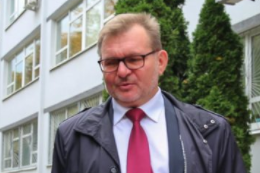
Belarus: stop politically motivated prosecution and disbarment of lawyers
Today, the ICJ called on the Belarus Ministry of Justice and other relevant authorities to end the recent practice of using legal proceedings against lawyers in retaliation for discharging their professional duties and to reinstate those already disbarred.
In recent months, in the context of widespread violations of the human rights of those protesting against the outcome of the disputed 2020 presidential election, there has been an unprecedented increase of cases of disbarment of lawyers especially those who comment on violations of the human rights of their clients. Among the most recently disbarred lawyers are Konstantin Mikhel, Maxim Konon, Mikhail Kirilyuk and Yulia Ivanchuk.
“This recent wave of criminal and disciplinary proceedings against lawyers is highly worrying and it constitutes an attack on the independence of the legal profession. These proceedings, be they of criminal, administrative or disciplinary nature, should be discontinued or reconsidered as being contrary to the international human rights law concerning the independence of the legal profession,” said Temur Shakirov, Senior Legal Adviser of the ICJ Europe and Central Asia Programme.
There is a clear pattern of the misuse of disciplinary proceedings against lawyers who represent political opponents of the government or those who openly criticize the government on issues of public significance.
Disciplinary proceedings in Belarus are not independent of the executive, since they are conducted by the Qualification Commission which operates under the Ministry of Justice.
Notably, disciplinary proceedings are pending against lawyer Dmitry Layevski, allegedly following his public comments on a pending Draft Law on advocates’ activities.
Dmitry Layevski is a lawyer representing Victor Babaryko, an opposition leader in Belarus currently in detention, and Maxim Znak, former legal representative of Maria Kolesnikova, another detained opposition leader.
Earlier, a number of lawyers, including Aleksandr Pylchenko, former legal representative of Viktor Babaryko and Maria Kolesnikova, and Lyudmila Kazak, former legal representative of Maria Kolesnikova, faced disciplinary sanctions, and Lyudmila Kazak incurred an administrative fine, as a result of discharging their professional functions.
Several lawyers involved in human rights cases have been called by the Qualification Commission to undergo an examination to re-certify their qualification to practice law and have failed the exam. This procedure appears to target lawyers working to defend human rights, as a means of harassment or reprisal.
For example, following comments in mass media, Sergey Zikraskiy, a lawyer who often represented Belarusian journalists, was called to pass extraordinary re-examination which he failed. The certification is carried out by the Qualification Commission.
Criminal cases are still pending against lawyers Ilya Saley and Maxim Znak, who appear to have suffered consequences as a result of their representation of opposition leaders Maria Kolesnikova and Victor Babaryko.
“These disbarments have a significant chilling effect on work of the legal profession and undermine the ability of lawyers to defend human rights of their clients in accordance with international standards on the role of lawyers,” Shakirov said.
Background
International law and standards
According to the UN Basic Principles on the Role of Lawyers, the State authorities must guarantee that lawyers are able carry out their professional functions without hindrance, intimidation, harassment or fear of retaliation (Principle 16). The UN Basic Principles on the Role of Lawyers affirm that lawyers “shall not suffer, or be threatened with, prosecution or administrative, economic or other sanctions for any action taken in accordance with recognized professional duties, standards and ethics.” (Principle 16.c) They further stipulate that lawyers must not be identified with their clients or their clients’ causes as a result of discharging their functions (Principle 18).
International standards also require the institutional independence of the legal profession. The executive body of the professional associations of lawyers must be elected by its members and must exercise its functions without external interference (Principle 24, The UN Basic Principles on the Role of Lawyers).




